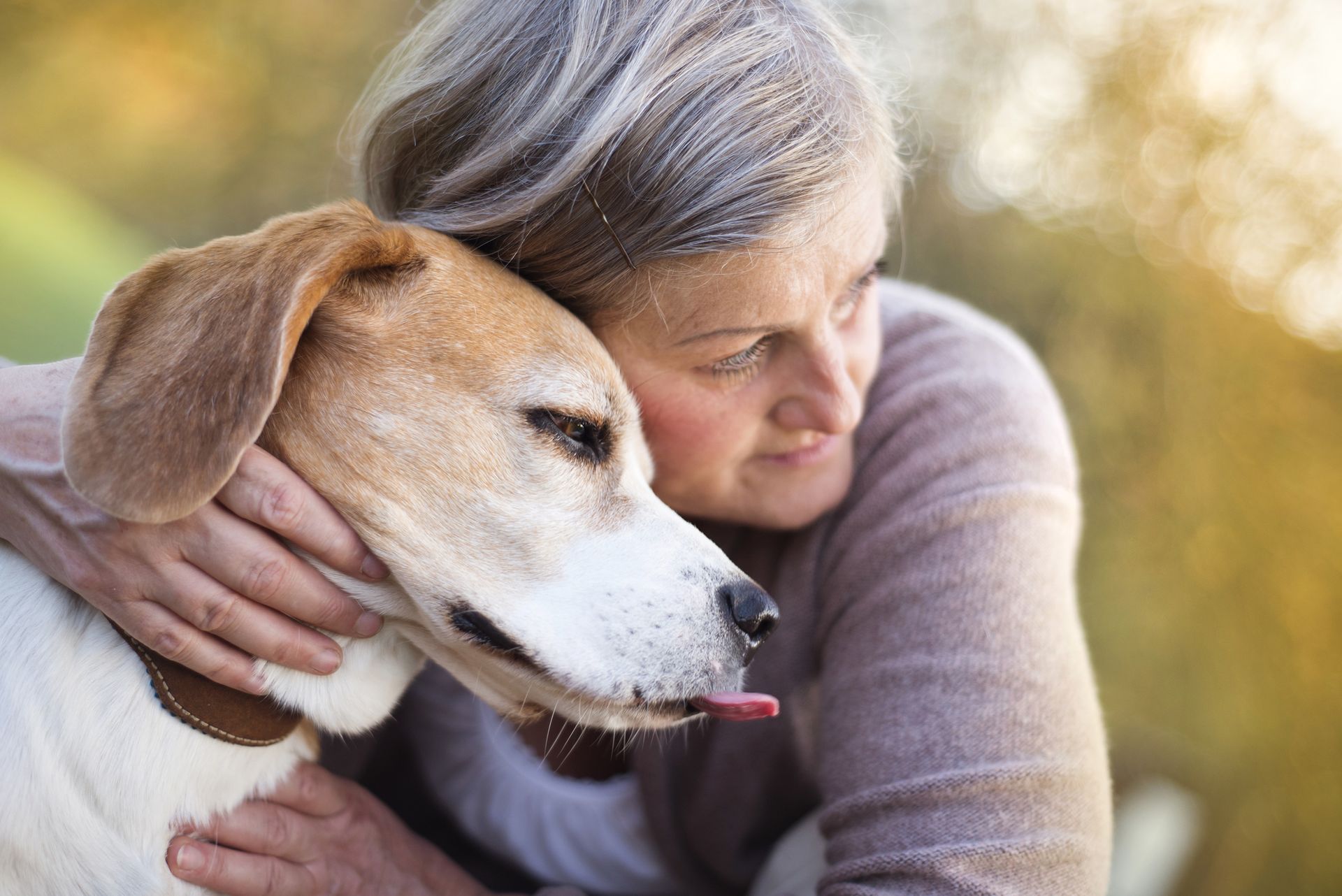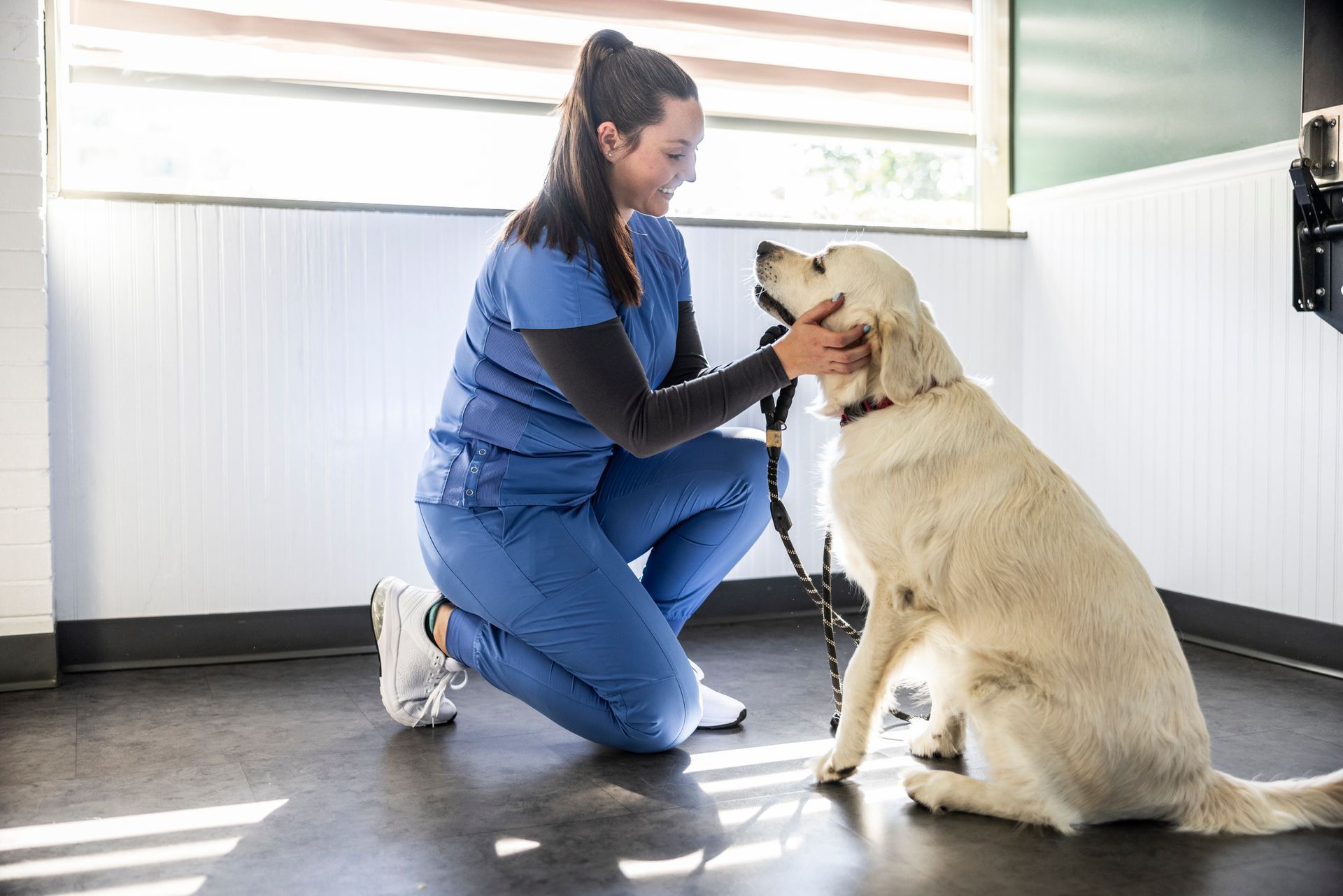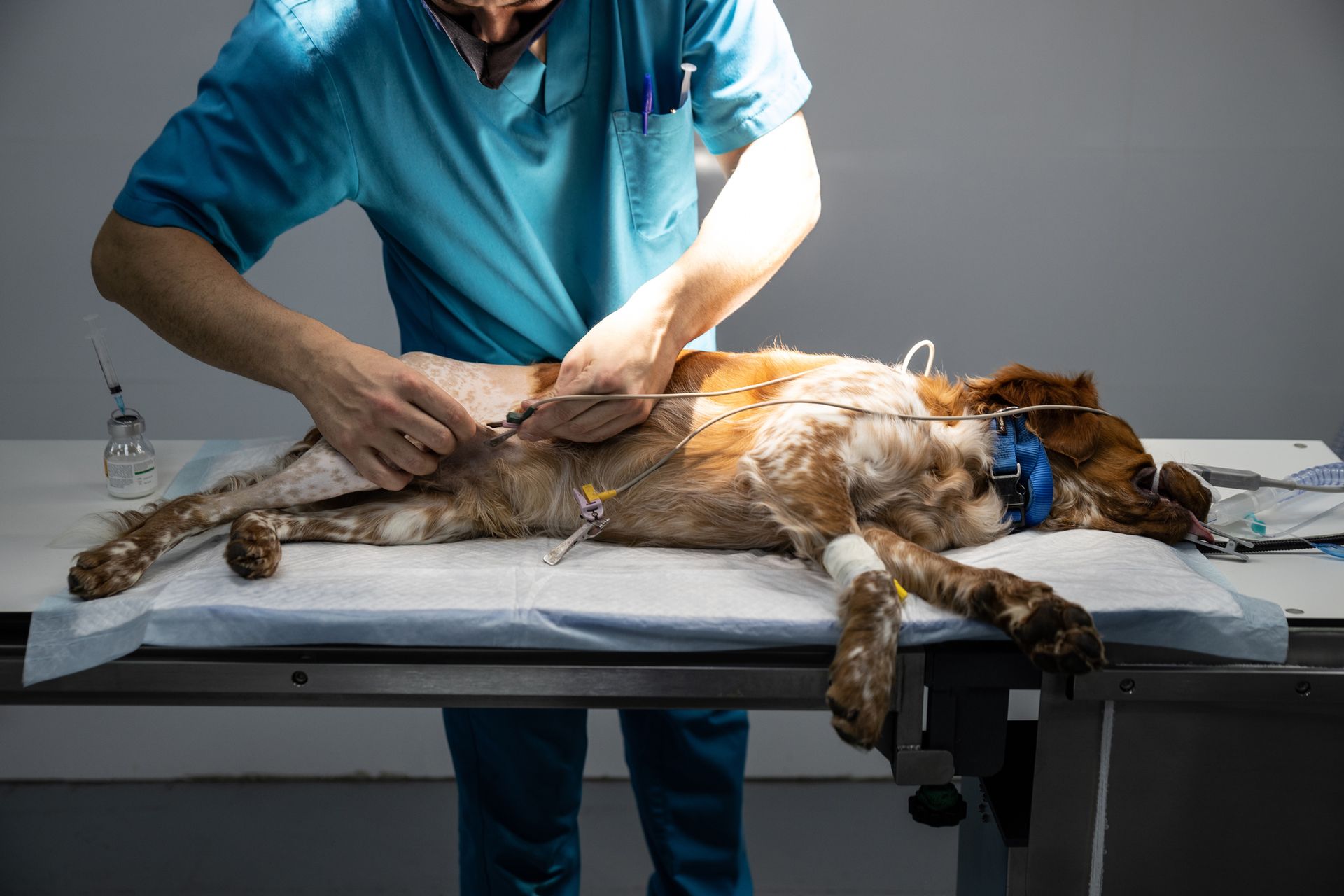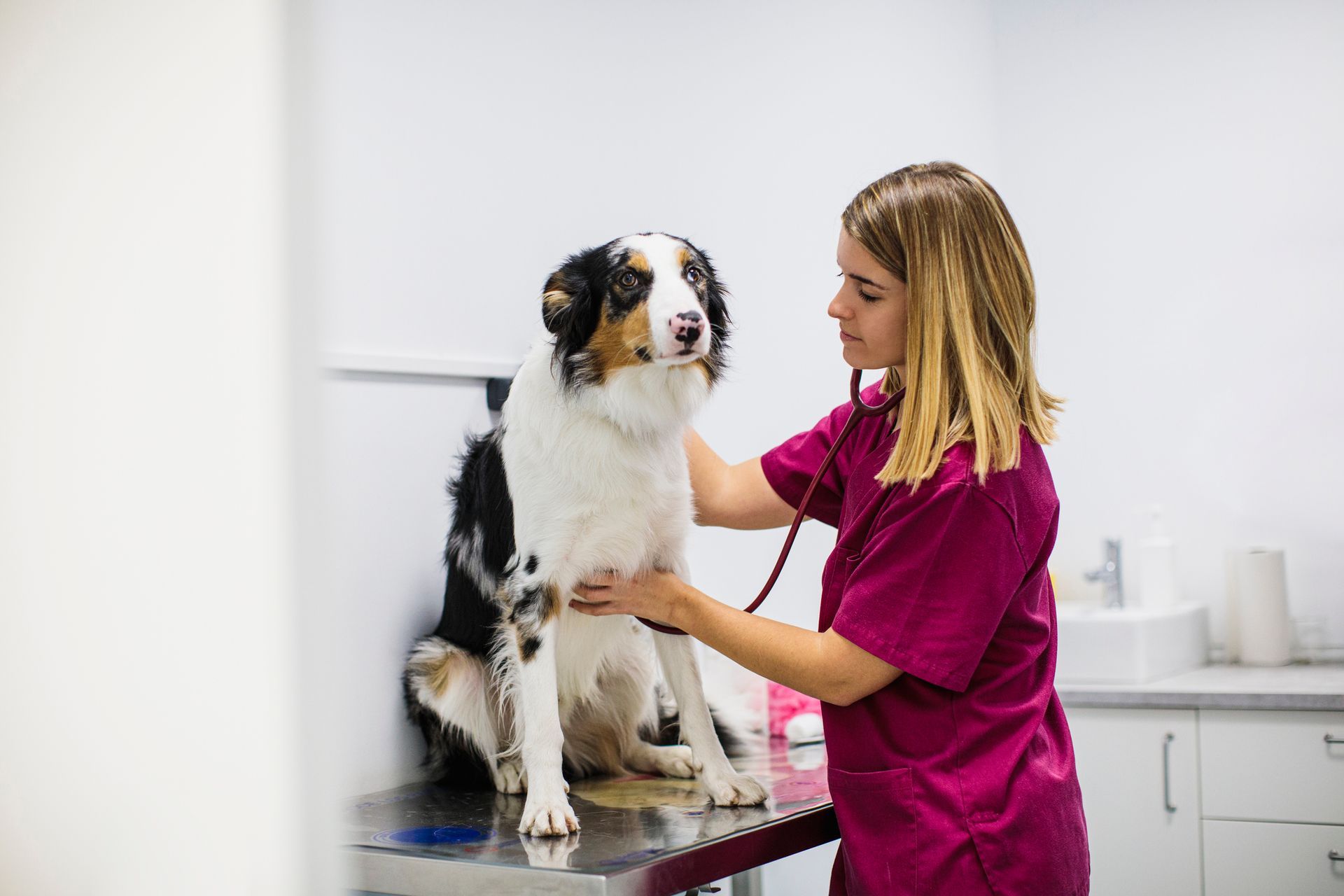When Does Your Dog Need Bone Surgery? Seven Key Instances

Caring for your canine companions involves more than just daily walks and regular feeding; it also means paying attention to their health needs, including understanding when they might need more advanced care like bone surgery. This article will explore seven instances when your dog may require bone surgery. The aim is to provide you with professional, informative, and friendly guidance to help you make the best decisions for your furry friend's health and well-being.
Fractures
Fractures are one of the most common reasons dogs undergo bone surgery. Whether caused by an accident, such as a fall or a collision with a vehicle, or due to an underlying health condition that weakens the bones, fractures can range from simple cracks to complex breaks that require surgical intervention for proper healing.
Ligament Injuries
Ligament injuries, particularly in the knee, like a torn ACL (anterior cruciate ligament), are frequent in dogs, especially in active and large breeds. These injuries often necessitate surgical repair to restore mobility and prevent further joint damage.
Hip Dysplasia
Hip dysplasia is a hereditary condition that primarily affects larger dog breeds, though it can also occur in smaller breeds. This condition arises from a malformation of the hip joint, where the ball and socket do not fit together properly. This misalignment can lead to a range of problems, including significant pain, arthritis, and mobility issues as the dog ages. Surgical intervention, such as a total hip replacement, aims to alleviate the pain and improve the dog's quality of life by allowing for a greater range of movement and reduced discomfort. Early diagnosis and treatment are crucial for managing the condition effectively and ensuring the best possible outcome for the affected dogs.
Bone Tumors
When a dog is diagnosed with a bone tumor, surgery often becomes a crucial component of the comprehensive treatment strategy. The surgical removal of the tumor plays a significant role in managing pain, enhancing mobility, and improving the overall quality of life for the affected canine. Moreover, in instances where the tumor is identified as malignant, surgery can be instrumental in excising cancerous cells, thereby potentially hindering the cancer's spread to other parts of the body. This proactive approach not only addresses the immediate concerns associated with the tumor but also contributes to a broader strategy aimed at extending the dog's life and ensuring their continued well-being.
Dislocations
Joint dislocations, particularly those that occur in major joints like the hip or shoulder, frequently necessitate surgical intervention to properly address the injury. This surgical process may involve several steps, including the careful repositioning of the dislocated bone back into its correct place. Additionally, it often requires the repair of any surrounding tissues or structures that may have been damaged during the dislocation. This could include the mending of torn ligaments muscles or even the reinforcement of the joint capsule itself to ensure a full recovery and prevent future dislocations.
Growth Abnormalities
Certain dogs may encounter growth anomalies that negatively impact their skeletal structure, leading to conditions like improper joint alignment. These issues can cause discomfort and limit the dog's mobility, affecting their overall quality of life. Fortunately, surgical interventions are available that can effectively correct these abnormalities. By opting for surgery, it's possible to prevent further health complications, significantly enhancing the dog's ability to move and function comfortably. This proactive approach not only addresses the immediate skeletal issues but also contributes to the long-term well-being and happiness of the canine.
Degenerative Joint Disease
Lastly, for dogs suffering from degenerative joint disease or arthritis, which cannot be managed through conventional treatments, surgery may offer relief. This could involve cleaning the affected joint, realigning bones, or, in severe cases, replacing the joint surgically.
Recognizing when your dog may need bone surgery is critical to their overall health and comfort. Always consult with a veterinary professional who can provide a thorough diagnosis and recommend the best course of action for your pet. Remember, timely medical attention can make a significant difference in your dog's quality of life and recovery process. If your dog needs a bone surgery procedure, contact us at South Seattle Veterinary Hospital to schedule an appointment.










